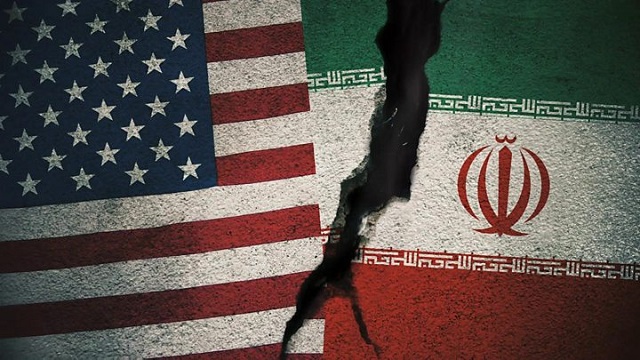
Washington, US | XINHUA | This week marked five years since the signing of the Iran nuclear deal. Now, in the lead-up to November’s U.S. presidential elections, Washington’s Iran policy is at a crossroads.
If U.S. President Donald Trump is re-elected, U.S. policy is likely to continue in the same direction. But if contender Joe Biden clinches the White House, Washington is likely to take a softer approach, including the possibility of rejoining the nuclear deal from which Trump has withdrawn, experts said.
TRUMP’S IRAN POLICY
The Joint Comprehensive Plan of Action (JCPOA), known commonly as the Iran nuclear deal, was reached in Vienna five years ago. According to its stipulations, Tehran, for the next 15 years, would only enrich uranium up to 3.67 percent and could not build any new heavy-water facilities. Iran has maintained that it abides by the commitments, and that its nuclear program is for peaceful purposes.
But in May 2018, Trump called the arrangement a bad deal and pulled out, while reinstating sanctions that targeted Iran and any state that traded with the Islamic republic, which sent Iran’s economy into free fall and destroyed its currency.
Since then, Trump has engaged in a policy of “maximum pressure.” While proponents applauded Trump’s policy for weakening Tehran’s ability to build a nuclear weapon, opponents said the policy has not made the region more peaceful and has brought economic hardship to the Iranian people.
BIDEN’S IRAN POLICY
Experts said it is possible that Biden, if elected president, would get back to some form of the deal that the Trump administration scrapped.
“It’s very likely, I think, that Biden would try to find some way to get back into the nuclear deal, but with some additions,” David Pollock, a senior fellow at the Washington Institute for Near East Policy, told Xinhua.
“I don’t think that it would be just a simple ‘OK, let’s just go back to where we were before Trump pulled out of the nuclear deal and drop all the sanctions,'” he said.
Pollock added that Washington has realized a big flaw in the nuclear deal is that it only dealt with the nuclear program, but did not address myriad issues ranging from terrorism to missiles to militias.
“The Biden team understands that, and they’re going to want to at least make an effort to address those issues, not just try to turn the clock back,” Pollock said, adding that Biden’s policy would be “more oriented toward trying to get Iran back to the table.”
Dalia Dassa Kaye, director of the Center for Middle East Public Policy at the RAND Corporation, told Xinhua that a Biden administration would likely be staffed with key personnel who negotiated the JCPOA.
“I think we could expect a more serious and sustained commitment to renew diplomacy with Iran and revitalize the Iran nuclear agreement, with the U.S. rejoining the agreement if Iran returns to its commitments,” Kaye said.
Clay Ramsay, an Iran expert at the University of Maryland, noted that Biden stated in April that right now, the United States should be removing all its blocks to humanitarian trade with Iran.
“If Biden is president in January this could happen very fast. And if Iran’s government then started tamping down its nuclear program, a meeting of all the JCPOA states — the U.S., Iran, the Europeans, and Russia and China — could happen,” Ramsay told Xinhua.
A POLICY OF COVERT ACTION
Some believe that covert action against Iran’s nuclear program may be part of a future trend.
The New York Times recently reported that some officials said a “joint American-Israeli strategy was evolving — some might argue regressing — to a series of short-of-war clandestine strikes, aimed at taking out the most prominent generals of the Islamic Revolutionary Guards Corps and setting back Iran’s nuclear facilities.”
That report on July 10 came not long after a spate of explosions and fires in Iran, including a mysterious blast at the Natanz nuclear facility.
While Trump has not announced a more aggressive stance against Iran, Brian Hook, the State Department’s special envoy for Iran, said last month that “timidity and weakness invite more Iranian aggression.”
Speaking of covert strikes against Iran’s nuclear program, such as the ones the Times article alleged were occurring, Pollock said they “may very well continue, even if Biden is elected president.”
“Because Obama did that too,” Pollock said.
*****
XINHUA
 The Independent Uganda: You get the Truth we Pay the Price
The Independent Uganda: You get the Truth we Pay the Price



